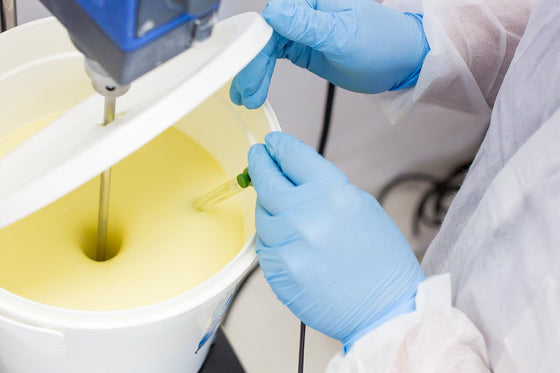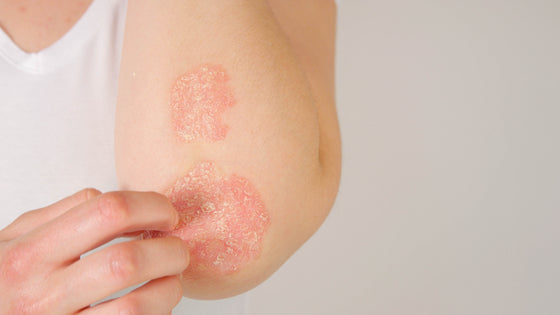
Sulphoraphane is a plant based chemical commonly found in cruciferous vegetables such as broccoli, kale and Brussel sprouts. It was identified decades ago and in this time has slowly gained recognition as being one of the most powerful and effective bioactive substances derived from plants in cancer research. It is now also believed to offer protection against other chronic diseases such as heart disease, diabetes and neurodegenerative disease.
One of the ways sulphoraphane has been shown to work is by being a potent antioxidant. Antioxidants are important for preventing damage to the fragile genetic material that may occur through exposure to chemical or environmental stresses. If genetic material is oxidised and damaged, the cell cannot replicate properly. Whilst the living cell will normally not survive in this state, there is a small chance that the cell with the damaged genetic material will replicate. This is essentially cancer.
Sulphoraphane is also believed to be a nutrigenomic molecule. This means it possesses the ability to turn genes on or off. It has been found that sulphoraphane ‘switches on’ the genes responsible for detoxification and eliminates harmful substances from the body. It has also been noted that sulphoraphane seems to alter gene expression in cancerous cells and ‘switches off’ the ability for the cells to replicate. Therefore, it seems to have a dual action in the prevention of cancer.
In the absence of a diet rich in cruciferous vegetables, it is possible to give sulphoraphane as a supplement. The future looks promising from this chemical that gives broccoli and brussel sprouts their unique smell!
Please contact a BCP Pharmacist to learn more.
Comments will be approved before showing up.

Medicinal cannabis products are legal, high quality medicines that can be prescribed for people by their doctor. Medicinal cannabis is derived from cannabis plants and can be used to treat the symptoms of certain medical conditions, and the side effects of some treatments.
